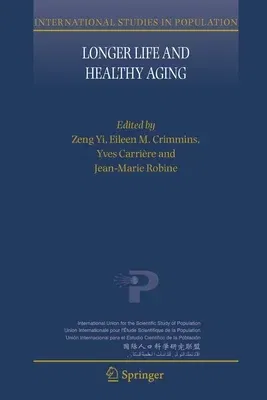Longer Life and Healthy Aging (2006)Paperback - 2006, 12 February 2007

Qty
1
Turbo
Ships in 2 - 3 days
In Stock
Free Delivery
Cash on Delivery
15 Days
Free Returns
Secure Checkout
Part of Series
International Studies in Population
Print Length
354 pages
Language
English
Publisher
Springer
Date Published
12 Feb 2007
ISBN-10
1402047916
ISBN-13
9781402047916
Description
Product Details
Book Edition:
2006
Book Format:
Paperback
Country of Origin:
NL
Date Published:
12 February 2007
Dimensions:
23.39 x
15.6 x
1.93 cm
Genre:
Elderly/Aged
ISBN-10:
1402047916
ISBN-13:
9781402047916
Language:
English
Location:
Dordrecht
Pages:
354
Publisher:
Weight:
512.56 gm

